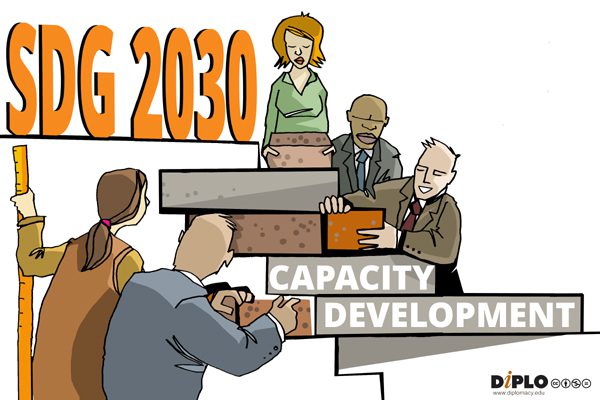Cultural diplomacy
Cultural diplomacy, also known as art diplomacy, is a unique player in international relations and stands out by its emphasis on soft power and people-to-people connections. It fosters understanding and cooperation between nations by exchanging cultural elements such as art, music, language, and traditions. This distinct approach sets it apart from traditional diplomacy, which focuses on political and economic negotiations.
Cultural diplomacy aims to use cultural exchange and promotion to foster mutual understanding, establish positive relationships, and promote national interests between different nations. It contributes to fostering positive relationships between nations by:
Mutual Understanding: By sharing aspects of their culture, nations can build a deeper understanding of each other, dispelling stereotypes and misconceptions. For instance, French film festivals in India or Japanese tea ceremonies in the United States help people appreciate each other’s heritage.
Building Relationships: Cultural diplomacy helps build lasting relationships among individuals, communities, and organizations in different countries, serving as a foundation for collaboration in various fields. Examples include the Fulbright Program, which exchanges scholars between the United States and other countries, and Sister Cities International, which connects cities across borders to promote cultural and commercial ties.
Conflict Resolution: By promoting understanding and building relationships, cultural diplomacy can help prevent or resolve conflicts by allowing open dialogue and discussion. For example, Israeli and Palestinian musicians performing together can create a platform for peace and dialogue.
Promoting National Interests: Cultural diplomacy is a powerful tool for nations to promote their interests abroad. By showcasing their culture, they can influence perceptions and build a positive international image. For example, South Korea’s promotion of K-pop and Korean dramas globally has significantly enhanced its cultural influence and soft power. This aspect of cultural diplomacy is a key strategy for nations to advance their interests on the global stage.
Public Diplomacy: Cultural diplomacy often falls under the umbrella of public diplomacy, a unique form of international relations that involves interacting and communicating with the public in foreign countries, not just with governments. Events like Germany’s Oktoberfest celebrations in other countries or Smithsonian Folklife Festival showcasing international cultures are prime examples. These events engage the public and foster goodwill, making cultural diplomacy a powerful tool for building positive international relations.
Cultural diplomacy can take various forms, including exchange programs, festivals, art exhibitions, music performances, and joint artistic projects. For instance, the Venice Biennale art exhibition hosts artists worldwide, while the African American cultural festival AFROPUNK has editions in various countries, promoting cross-cultural dialogue and understanding. Overall, it is a powerful tool for promoting cultural understanding, breaking down stereotypes, and fostering tolerance and cooperation between nations.








